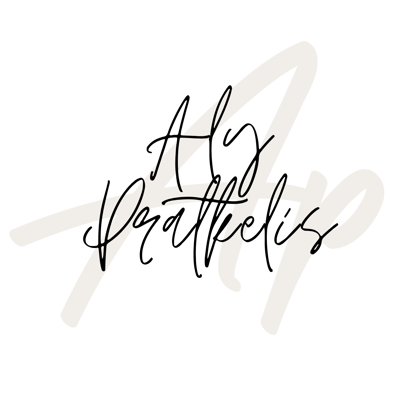Living Neurspicy: A Blueprint for Building When the World Doesn’t Fit
How trauma, disability awareness, and quiet resilience helped me uncover a life of purpose.
Aly Pratkelis
6/9/20252 min read


For a long time, I thought surviving would be the most challenging part.
But no one talks about what comes after.
When the storm passes.
When the world moves on.
When your body remembers, even if no one else does.
As a survivor of sexual violence and a neurodivergent woman with ADHD, I’ve learned to navigate systems that often overlook people who think, process, or recover differently. Both identities inform the way I advocate, lead, and build.
For a while, my life centered around one question:
“What is this survival for?”
But over time, that question softened into something more open:
“What is my purpose?”
“What comes next?”
And like the final act of Disney Pixar’s Soul, I realized purpose isn’t always a grand performance or a perfect plan. Sometimes, it’s the decision to keep showing up. To build, to connect, and to help someone else breathe a little easier because you survived.
🔹 The Fight That Found My Voice
Surviving trauma taught me how to advocate.
It gave me the courage to speak up, mentor others, and stand in spaces that once felt unsafe. I began speaking publicly, mentoring students and survivors, and working on community projects that made people feel seen.
But survival is instinct—it’s fire. It keeps you moving, but doesn’t always tell you where you’re going. That part had to be learned slowly and intentionally.
🔹 The Awareness That Reframed Everything
When I started learning more about ADHD and disability awareness, everything shifted.
I stopped seeing myself as disorganized or too sensitive. I started understanding how trauma and neurodivergence intertwine—and how awareness, not shame, is the key to healing.
With that understanding came tools:
✨ Systems that worked with my brain instead of against it
✨ Digital routines powered by AI and strategy
✨ A sense of grace I had never given myself before
Disability advocacy gave me something survival never could: a foundation.
🔹 Rebuilding With Purpose
Helping others became the quiet rhythm of my life.
Not loud, not flashy—just real.
Whether mentoring students with disabilities, supporting other survivors, or building digital frameworks that made chaos feel manageable, I began to see purpose not as something I had to chase—but something I was already creating.
And like Soul reminds us, sometimes your spark isn’t about a job title or one defining achievement. Sometimes, your spark is the way you move through the world. The way you hold space. The way you refuse to give up.
That’s the purpose, too.
🔹 Why This Path Led to Law
The more I rebuilt, the more I saw the systems that weren’t built for people like me.
Legal systems that treat survivors as fragile, institutions that overlook the intelligence of neurodivergent minds, and policies that don’t allow room for people who process the world differently.
That’s why I’m pursuing a legal education—not to gain authority, but to reimagine it.
To build something more accessible, more informed, and more human.
Because survival is just the beginning.
And purpose? That’s what you create when you decide your lived experience matters enough to shape the systems around you.
🔹 The Blueprint I Carry Forward
I don’t have all the answers.
But here’s the framework I live by now:
Survive. Understand. Reframe. Build. Lead.
I no longer ask, “What was all this survival for?”
I know now:
It was so I could guide others through it.
It was so I could build something softer, smarter, and more inclusive.
It was so I could answer the next question—
What’s possible now?
